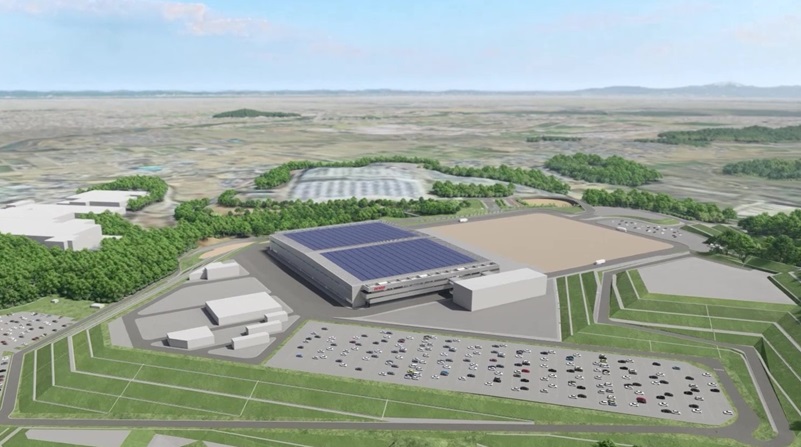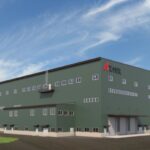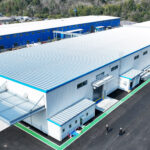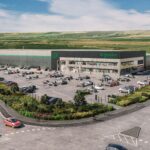ASIA ELECTRONICS INDUSTRYYOUR WINDOW TO SMART MANUFACTURING
DENSO Eyes Innovative Smart Factory at its Zenmyo Line
DENSO CORPORATION will build a new plant by expanding the site of the Zenmyo Plant in Nishio City, Aichi Prefecture. Accordingly, the construction will start in the first half of FY2025.
Moreover, the company expects to complete the new plant in January 2027, with production slated to start in the first half of FY2028. The total investment is about 69 billion yen.
Factory Digitalization, Automation
DENSO has been expanding the value that it offers in the “green” and “peace of mind” domains. Particularly, based on technologies refined in the automotive business as the core. Currently, DENSO has been working on three challenges: “evolution of mobility,” “creation of new value,” and “strengthening of fundamental technologies”. Thus, addressing these challenges will help them evolve into a Tier 1 supplier that supports a mobility-centered society.

Software, which is part of “strengthening of fundamental technologies,” comes embedded in electronic control units (ECUs). These, in turn, control electrification products and ADAS products, and plays a key role. Thus, software will keep growing with the advancement of software-defined vehicles (SDVs) and electrification. Also, of large-scale integrated ECUs for overall control of vehicle functions.
The new plant will feature a production system that can quickly respond to market expansion and customers’ needs. Mainly, manufacturing large-scale integrated ECUs. The new plant will incorporate for the first time DENSO’s next-generation plant concept from the planning phase. Moreover, the plant will realize a creative workstyle based on digital infrastructure and automation technology.
It will also feature a 24-hour unmanned operation, significantly improving production efficiency. Furthermore, the aim is to build an environmentally friendly carbon-neutral plant by utilizing private power generation, which will use solar panels and hydrogen.
Features of the next-generation plant
Flexible production system
Products will become standard by using common materials and components of products. Diverse products will be produced on a single line in combination with production lines that enable easy recombination of equipment. Thus, quickly and flexibly handling changes in the types and quantities of products.
The components and units of the production equipment will also become standard. Same goes to process. Moreover, software compatibility will come enhanced to significantly reduce the lead time for production preparation.
24-hour unmanned operation
The equipment and the flow of goods will be constantly monitored by cameras and sensors in the plant. There will be remote monitoring of equipment at the onset of possible equipment failure. Thus, production lines will run non stop.
In addition, the entire plant process will be fully automated. This includes unloading of materials and components, transfer within the plant, as well as replenishment and feeding of materials. Furthermore, automation will go to packing of products for shipment will to realize unmanned operation.
Shifting to a workstyle that takes full advantage of digital solutions
The plant will be reproduced virtually by using digital twin technology. Equipment verification and kaizen simulations will help build an efficient and streamlined production system.
Meanwhile, the on-site know-how accumulated through manufacturing operations will turn into explicit knowledge. Thus, the need for the creation of a database to make the knowledge available to everyone. The database will be essential to increase automation and perform the kaizen cycle quickly.
DENSO will continue to address social challenges, such as the declining labor force and environmental concerns, through innovative manufacturing methods. Therefore, fostering a sense of security and well-being for everyone.
11 September 2024




